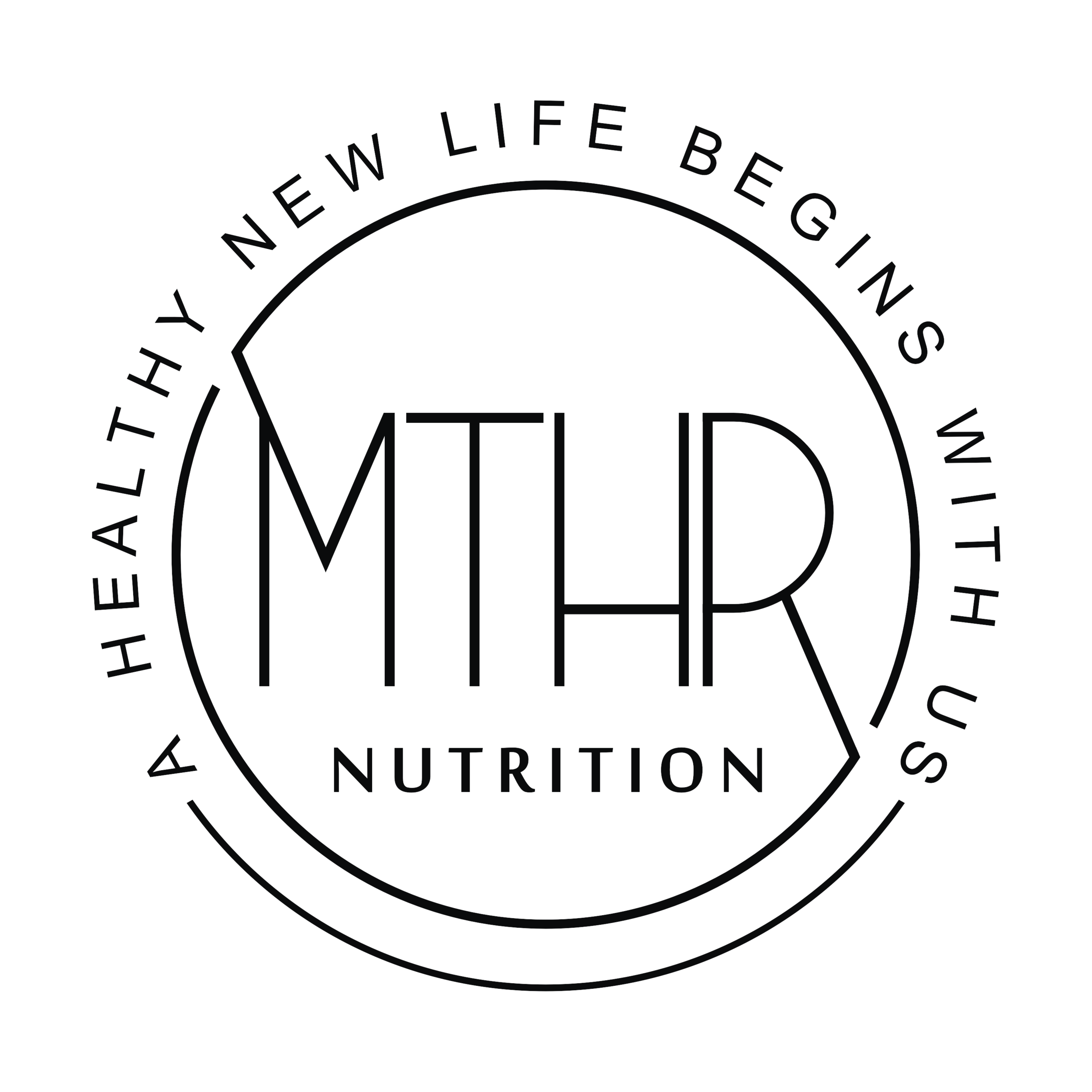Genetic Nutrition: why your DNA should guide your diet
Why base our diets on our genes?
Most people have heard of genetic testing from companies like 23andMe or Ancestry.com, which provide personalized ancestry information based on a DNA sample; however, this same DNA information also has to potential to tell another unique story—how to optimize your health and wellness based on your genes.
Generally speaking we all benefit from eating more fruits and vegetables, exercising everyday, or maintain a regular sleeping schedule. But if you are looking to take your health to the next level it is genetic variation that can impede or help you achieve results. New research shows that there are individual differences in how the body functions in response to stress, exercise, and food. Therefore, genetic variation may help to explain why you respond differently than a friend to the same diet or exercise regimen.
There is a paradigm shift in medicine from treating illnesses towards promoting wellness and prevention of diseases. New technologies such as genetic testing for nutrition are focused on ways to optimize our health through optimizing our DNA. This can take us from feeling “fine” to feeling “our best” through simply altering the foods we eat or the type of exercise we perform to align with our body’s specific needs.
Developing a deeper understanding of your body’s unique functioning, allows you to make informed decisions in terms of your health. The big idea: take action today to avoid problems in the future.
You can use information about the way you specifically function to make changes to your lifestyle to better align with your biology. For example, monounsaturated fats are touted as being incredibly beneficial— they are found in olive oil, canola oil, sesame oil, avocados, nuts, and are shown to reduce inflammation, cancer risk, and promote weight management. However, some people may have a genetic tendency to gain weight when consuming monounsaturated fats, and therefore may do better on a diet higher in polyunsaturated fats (another type of healthy fat), found in soybean oil, sunflower oil, walnuts, and omega-3 fatty fish (salmon, mackerel, trout, sardines, halibut, tuna). Genetic based diets provide an innovative way to help facilitate positive health for patients by offering ways to personalize diet and exercise strategies based on the findings.
How does genetic-based nutrition testing work?
As a RD, I have generally tested every type of diet. So when I first learned about genetic-testing for nutrition I was immediately intrigued. A few months later at a wellness expo in NYC, I connected with Nick Harrison, the East Coast Regional Director of Advanced Genomic Solutions (AGS). A few weeks later I met with Nick to test my DNA. No needles or pain, just a simple cheek swab was all it took to get my DNA on its way to the lab for analysis (so much easier than spending 20 minutes spitting into a tube for my 23andMe results). A few weeks later I received a password protected email with my report. The report provides actionable information to guide you towards optimal wellness—my overall genetic wellness score, genetic predisposition for vitamin deficiencies, food cravings, poor nutrient metabolism, obesity, etc. I was surprised to see that many of the things I included as a part of my healthy lifestyle did not align with my genes—less cardio, more carbohydrates, less monounsaturated fat. For me this exercise was extremely eye opening because it showed me that there really is no one size fits all when it comes to health—what is “healthy” for one person might not work for another. I now incorporate genetic based nutrition into my practice to help personalize my strategies and help clients achieve their health goals.
In addition, the key idea to remember is that it is one thing to simply be informed of your genetic test results, but to actually see results the recommendations must be put into practice. This is where enlisting the help of a Registered Dietitian can be beneficial. In my practice I work with clients to interpret their results and develop actionable items for change.
Looking at diet from a genetics level is cutting edge precision nutrition at its best, and may constitute one of the biggest revolutions in overall health management.
If you want to learn more about improving your health through genetics—here are some first steps.
1. Get your DNA tested (AGS and DNA Fit are my personal favorites)
2. Work with a Registered Dietitian to interpret your results and develop a personalized nutrition plan specific to your needs
3. Check in with yourself after viewing your results—there are 5 lifestyle areas that directly impact our health: eating, sleeping, exercising, relaxing, and socializing (i'm serious, more on this topic to come)—take an honest look and ask yourself which areas am I neglecting? Then focus on making a change in at least one area.
